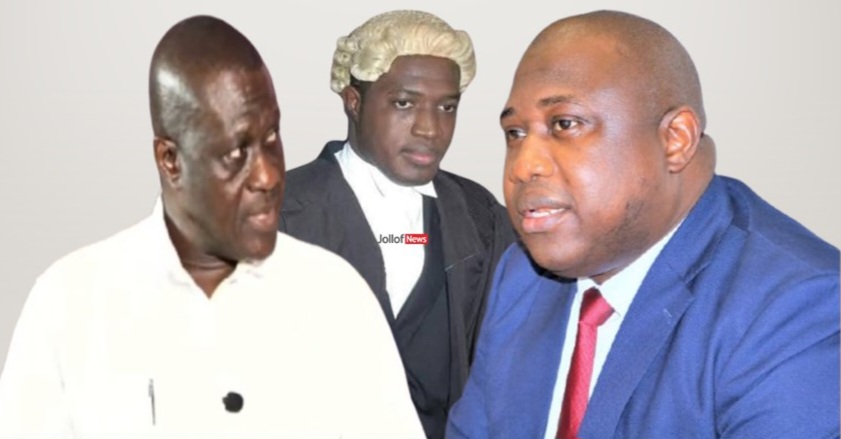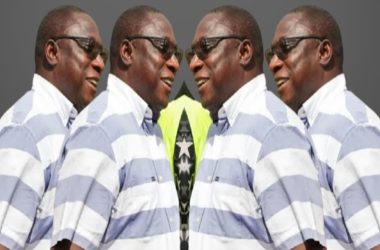The Barrow administration is facing fresh scrutiny and political pressure following the collapse of a high-profile drug case against former Chief Magistrate Pa Modou Njie, with the opposition United Democratic Party (UDP) accusing the government of deliberate inaction and protecting powerful individuals from justice.
In a sharp statement released Tuesday, the UDP condemned what it called the government’s “glaring lack of political will” to combat drug trafficking and prosecute high-level offenders. The party singled out the Ministry of Justice and the Drug Law Enforcement Agency for enabling systemic failures that have eroded public trust in the rule of law.
The case against Njie—which included charges of drug dealing, abuse of office, and theft—was struck out by the Bundung Magistrates’ Court after multiple adjournments. The UDP pointed to these delays as a clear indication of prosecutorial negligence, blaming both the Ministry of Justice and the Inspector General of Police for failing to move the case forward. The party said the decision to let the case stall violated not only the accused’s right to a speedy trial but the public’s right to see justice done.
What has stirred deeper anger is the perception that this case is part of a broader pattern, where high-profile suspects benefit from institutional sluggishness while ordinary citizens face the full weight of the law. The UDP argued that courts are congested with petty drug possession cases, yet those with connections continue to operate with impunity. It accused the government of hiding behind tough talk while quietly sabotaging cases that involve members of the elite.
In response to the UDP’s claims, the Ministry of Justice issued a press release asserting that the case is still active and has been transferred to the High Court in Banjul. According to the Solicitor General, Hussein Thomasi, the state never intended to prosecute the matter at the magistrate level and only filed initial charges there as a holding measure during the investigation. The Ministry claimed the dismissal by the lower court was expected and “of no consequence.”
That explanation has done little to calm critics. The fact remains that the case sat idle in the lower court for months without clear direction from the prosecution. If the state always planned to escalate the case to the High Court, it failed to communicate this to the public and allowed the optics of failure and negligence to take root. The UDP isn’t buying the government’s justification, arguing that the delays reveal either incompetence or complicity.
The party is now demanding an independent audit of all drug cases that have been stalled or dismissed due to inaction from state prosecutors. It also called for the resignation of officials it holds responsible for what it describes as a deliberate weakening of the justice system—chief among them the Attorney General and the Inspector General of Police.

Beyond the Njie case, the UDP raised alarm over the state of drug enforcement in the country more broadly. It pointed to rising drug abuse among young people and criticized the lack of any meaningful rehabilitation programs. The party also referenced the lingering controversy around the so-called “unburned drugs” scandal, where questions remain over the handling of seized narcotics. These are not isolated issues, the UDP argued, but part of a larger culture of impunity and opacity.
While the Ministry of Justice continues to insist it is committed to accountability, this latest debacle reinforces growing fears that the system is failing—either through neglect or design. For the Barrow administration, the pressure is mounting to demonstrate that no one is above the law. Until then, the accusations of selective justice and empty rhetoric will continue to dog its handling of the country’s deepening drug crisis.





